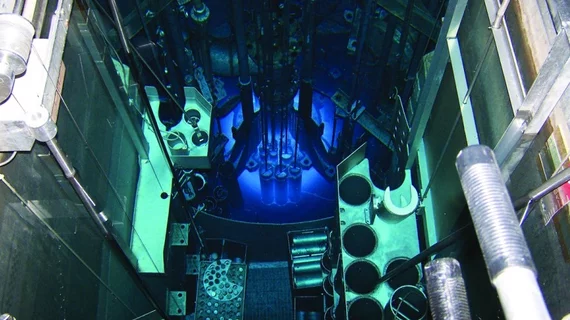Plans for another nuclear facility that can produce medical isotopes in the works
The Welsh government has proposed plans to develop a nuclear reactor to help sustain the supply of much needed medical radioisotopes.
Dubbed “Arthur,” the Advanced Radioisotope Technology for Health Utility Reactor project would come at a “considerable” expense of more than 400 million euros. However, Wales' Economy Minister Vaughan Gething cautions that inaction on the matter “will be counted in human lives and in long-term economic pressure on health services, through unsustainable health treatments."
The proposed public sector national laboratory would be based in Trawsfynydd, Gwynedd and have its own nuclear reactor. Radioisotopes produced there would be available for use by the NHS in Wales, England, Scotland and Northern Ireland.
The facility would also bring approximately 200 new jobs to the area, according to Gething.
The proposal follows numerous shortages of medical radioisotopes that occurred throughout 2022 due to unplanned outages at other nuclear reactors. Those shortages caused facilities to deploy numerous mitigation tactics to preserve the valuable supply of isotopes used for diagnosing and treating cancer. It also put thousands of patients’ treatments in limbo as the supply chain stabilized
Many of the facilities that produce these critical isotopes are aging, which is a big cause for concern in the future among experts in the field, many of whom believe that the supply chain for radioisotopes is already fragile.
Commenting on the matter, Professor Simon Middleburgh, co-director of the Nuclear Futures Institute at Bangor University, noted the ramifications a dwindling supply could have on patient care.
"If we don't start working out where we're going to get these nuclear medicines from, people are just not going to get diagnosed,” the professor stated.
A spokesperson for the United Kingdom stated that the Department for Business, Energy and Industrial Strategy and the Department for Health and Social Care would work continuously work alongside the Welsh government as project Arthur unfolds.
To learn more, click here.

